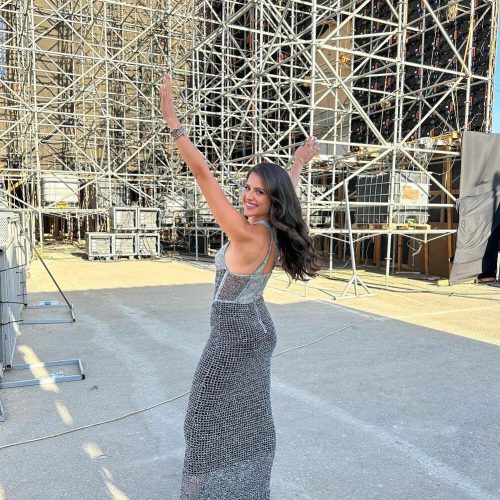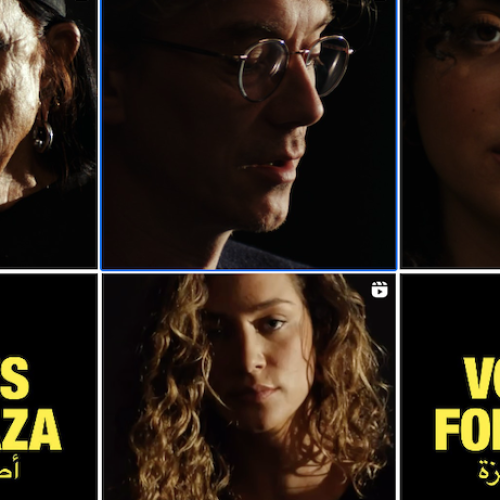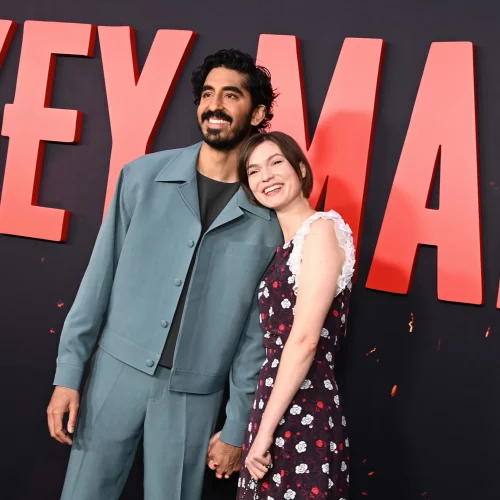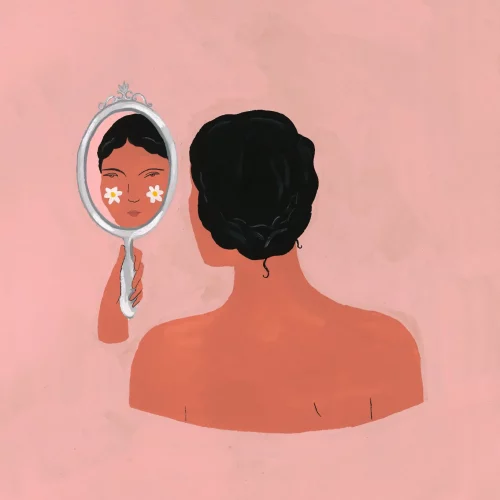The world of entrepreneurship and alternative career paths in the region is a reflection of a growing global trend where Gen Z is keen on becoming their own bosses, pursuing their passions, and building businesses inspired by personal experiences while committed to a common cause. Stories of startups founded by individuals under 25 often make headlines, but for most individuals born between 1997 and 2012, influencing and reshaping the workplace radically is not solely driven by the concept of clout or wealth.
Despite the second-largest generation’s tendency to be fiercely individualistic, some opt for more unconventional paths, such as establishing non-profit organizations that champion deeply-held beliefs. Sabah Ali Bazzi, a Syrian entrepreneur based in Istanbul, stands among these “zoomers” who diverged from building a profitable business to launch their own NGO with a societal purpose engraved in their realities.
The idea was born following the loss of her father in 2019, which threw Bazzi into a deep emotional abyss, transforming her life radically. Feeling stagnated and unable to move on, in an effort to cope with the grief, she found solace in art, ultimately founding the organization “Rouh” as a means of healing in the midst of the pandemic. The organization sponsors orphans by selling art donated by local and international artists. Since 2021, the initiative has undergone numerous iterations and witnessed substantial changes.
“I felt hypnotized by the concept and gave 100% of my energy to make this happen,” Bazzi told MILLE. “Thinking about it now, back then, I was too innocent to realize the scope of responsibility. I was a content creator on Instagram and worked as a communication officer at several NGOs. Maybe that’s why I was sure that I could do all of this by myself,” she continued.
Rouh, which was conceived in just three weeks, began with the Syrian philanthropist investing all her time and energy into crafting tote bags and adorning them with drawings. These products were then sold, and the proceeds donated to support orphans in war-torn Syria.
“The pain of losing my father made me face the unbearable feeling of being an orphan, a person who loses the support of one of his parents. Then, the footage of orphans in Syria, staying in tents and with little to no support, filled my heart with pain and sympathy,” Bazzi told Mille, adding, “This experience made me reflect on the orphans in Syria facing similar pain but in harsher conditions. I felt compelled to contribute and alleviate their suffering through my artistic abilities. The mere act of attempting to help was exhilarating for me.”
Excited about the potential impact she could make, Bazzi navigated her grief, turning it into a potent force for healing. What started with a modest number of tote bags evolved into a more mature and impactful endeavor through diversified sources of funds. Today, Rouh sponsors orphans in three ways: an online shop, monthly workshops, and bi-annual galleries. Bazzi scouts for talent from the region and beyond to help fundraising. With other artists, she hosts artistic workshops in Istanbul for those eager to learn painting and organizes galleries where the artworks of marginalized yet outstanding artists are showcased and put up for sale.
“The funds from all these events are sent directly to the destitute mothers so they can cover their kids’ needs. We don’t take any proportion from it,” explains the 25-year-old. “With the help of more than 40 regional and international artists and the generosity of our audience, we successfully renewed the sponsorship for 43 orphans, most of them hailing from the northwest of Syria.”
Rouh upholds transparency regarding the orphans they support. A dedicated page on their website showcases photos of these children along with a brief description of their plight. A quick scroll of the webpage reveals that most of them come from extremely challenging areas, including Tell Abyad, Idlib, Azaz— all of which have been grappling with a series of crises since 2012, culminating in the earthquakes, ongoing food shortages, and a significant escalation of hostilities in 2023 to now.
On the other hand, administrative costs of Rouh are covered by donors, including rent and other associated costs. The organization employs volunteers aged between 19 and 23, all students driven by a strong desire to make a positive impact. “I have a team in love with the idea. On the first day, I was the only person in love with the concept. Now, I have more than 50 people passionate about Rouh,” Bazzi shares.
The connection between artists and orphans might seem a bit disconnected for those who haven’t shared a similar experience to the psychology major. However, the overarching goal of aiding children in pursuing education and leading a respectable life goes hand-in-hand with the empowerment of lesser-known artists. Collaborating with local creatives serves not only as a means of collecting funds but also as a platform for regional painters.
Voir cette publication sur Instagram
Une publication partagée par صَبَاحْ عَلِيْ بَزّي (@sabah_bazzi)
“Art is our means of resistance,” Bazzi explains. “As a person from this region, plagued by wars, conflicts, and lack of resources, I believe that all we have is art. They may seize our lands, our years, and even our lives, but our arts and culture are indomitable. Through our artistic works, we reaffirm and reclaim our existential presence.”
Indeed, resistance doesn’t always have to take form in politics. This is what the organization that supports orphaned children in Syria is aiming to achieve by tailoring its actions to the specificity of the situation. Similarly, the artists participating in workshops and galleries, selling their expertise and artworks, convey a powerful message to the world: that through their art alone, they can assist the country some of them fled and contribute to their community without resorting to international sponsorship.
As we chatted over Google Meet, I felt obligated to ask Bazzi about the ways people can help. She stopped munching her salad and confessed with a big smile on her face that at this stage she needs more people to talk about Rouh, so she can reach a level of sustainability that facilitates garnering additional funds for children living under unbearable conditions. “You can always donate through our website or buy one of our products. If you know businesses or individuals who can sponsor us, nominate us. Spread the word about our initiative and tell the world about our children.”









